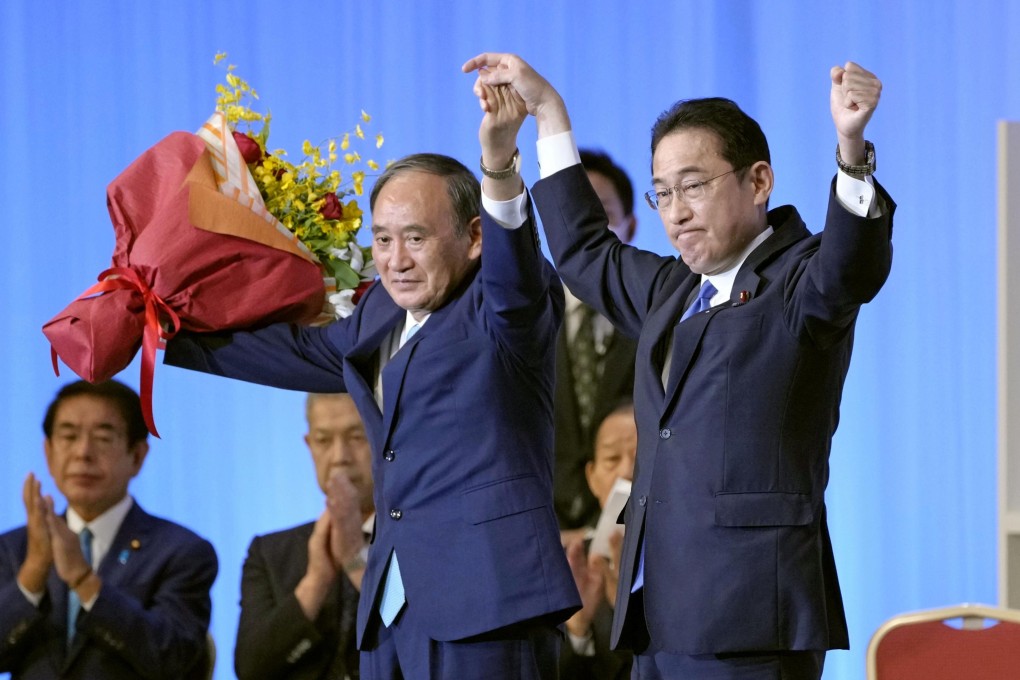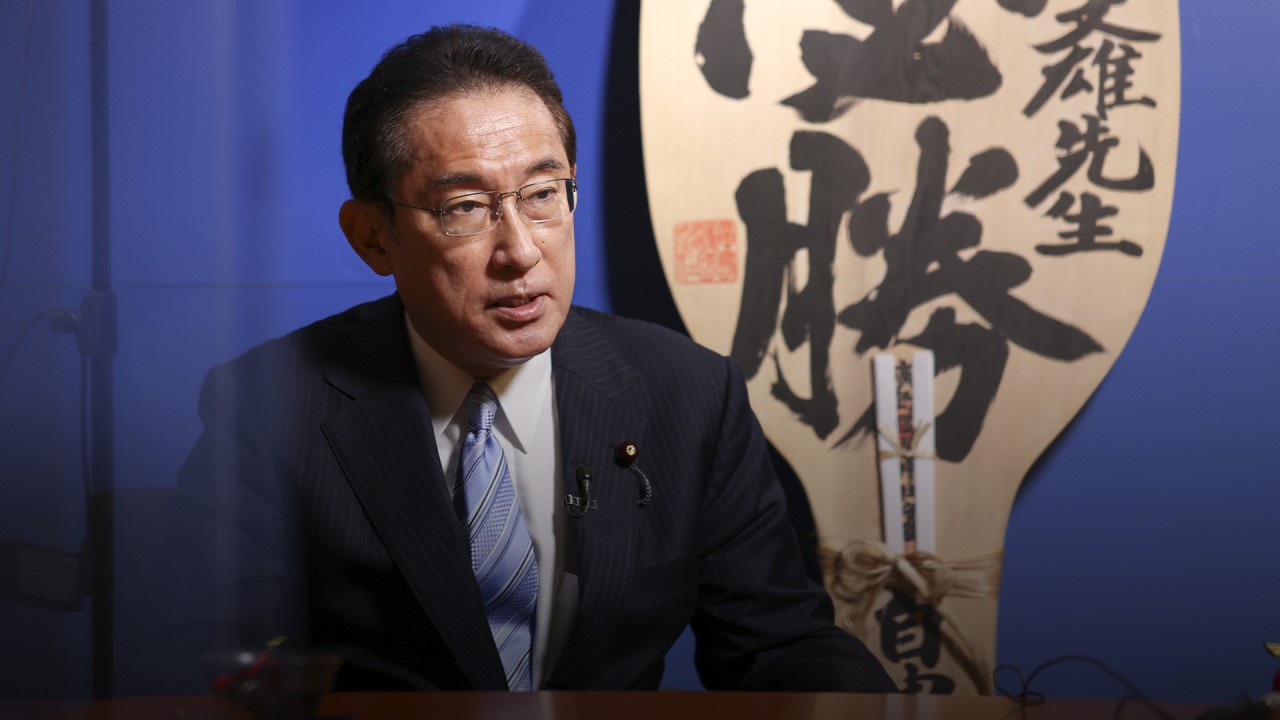China ‘willing to work’ with next Japanese prime minister Fumio Kishida, but watches cautiously to see if dove will turn hawkish
- The former foreign minister, who beat Taro Kono in the ruling party’s leadership contest, will take over at a time of increasing tension with Beijing
- Some observers believe that public opinion will force him to take a tougher stance towards China, but others say he will still try to improve relations

Kishida defeated former defence and foreign minister Taro Kono in the second round of the party vote to choose a successor to Yoshihide Suga, who announced his resignation earlier this month after a year in the post.

04:30
Who is Japan’s next Prime Minister, Fumio Kishida?
Foreign ministry spokeswoman Hua Chunying told a daily press conference on Wednesday that China “is willing to work together with Japan’s new governing team … to deepen pragmatic cooperation in various areas and promote the healthy and stable development of Sino-Japanese relations”.
In a move that could touch a raw nerve with Beijing, he welcomed Taiwan’s application to join the Comprehensive and Progressive Agreement for Trans-Pacific Partnership last week, saying that Japan and Taiwan share values such as human rights.
